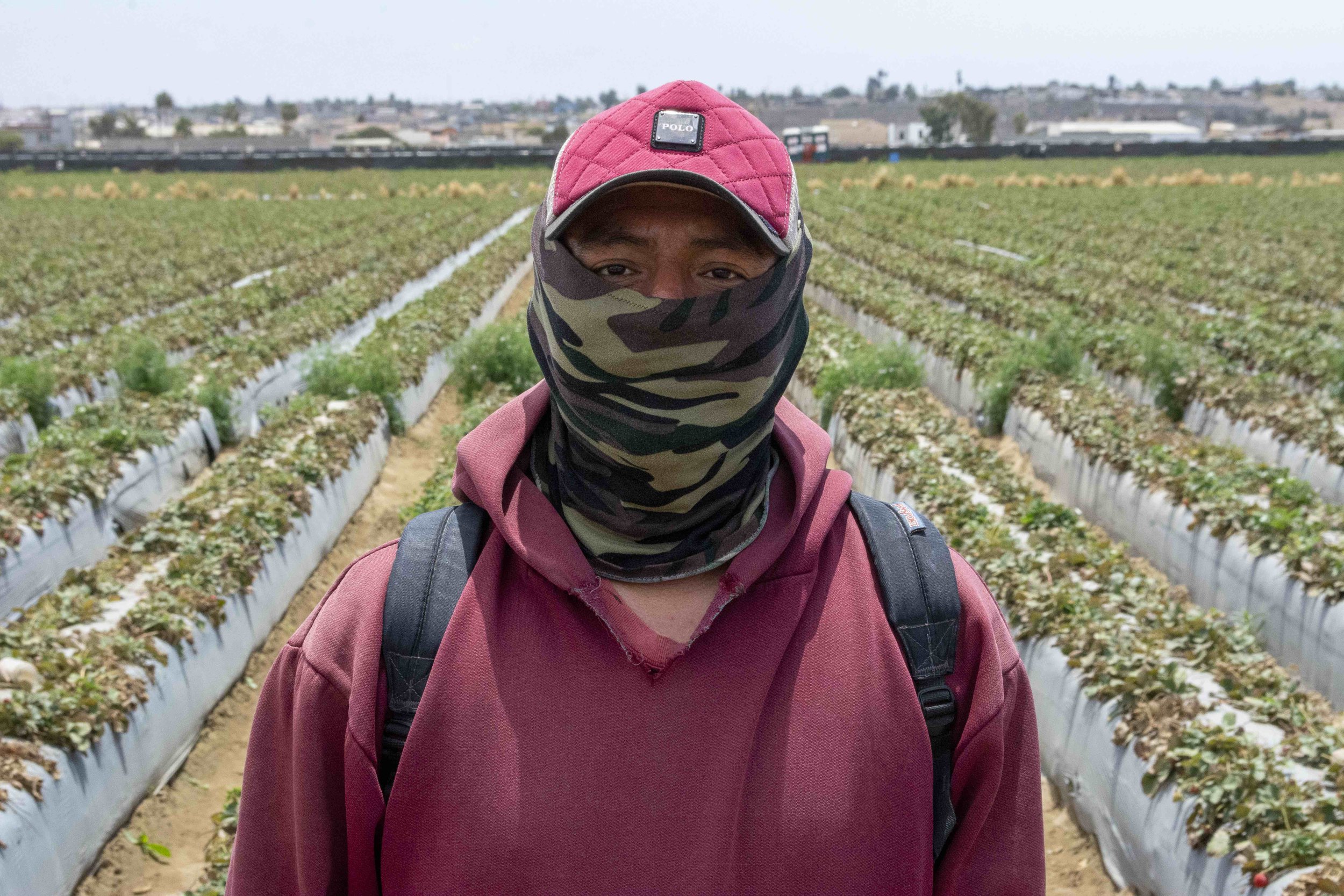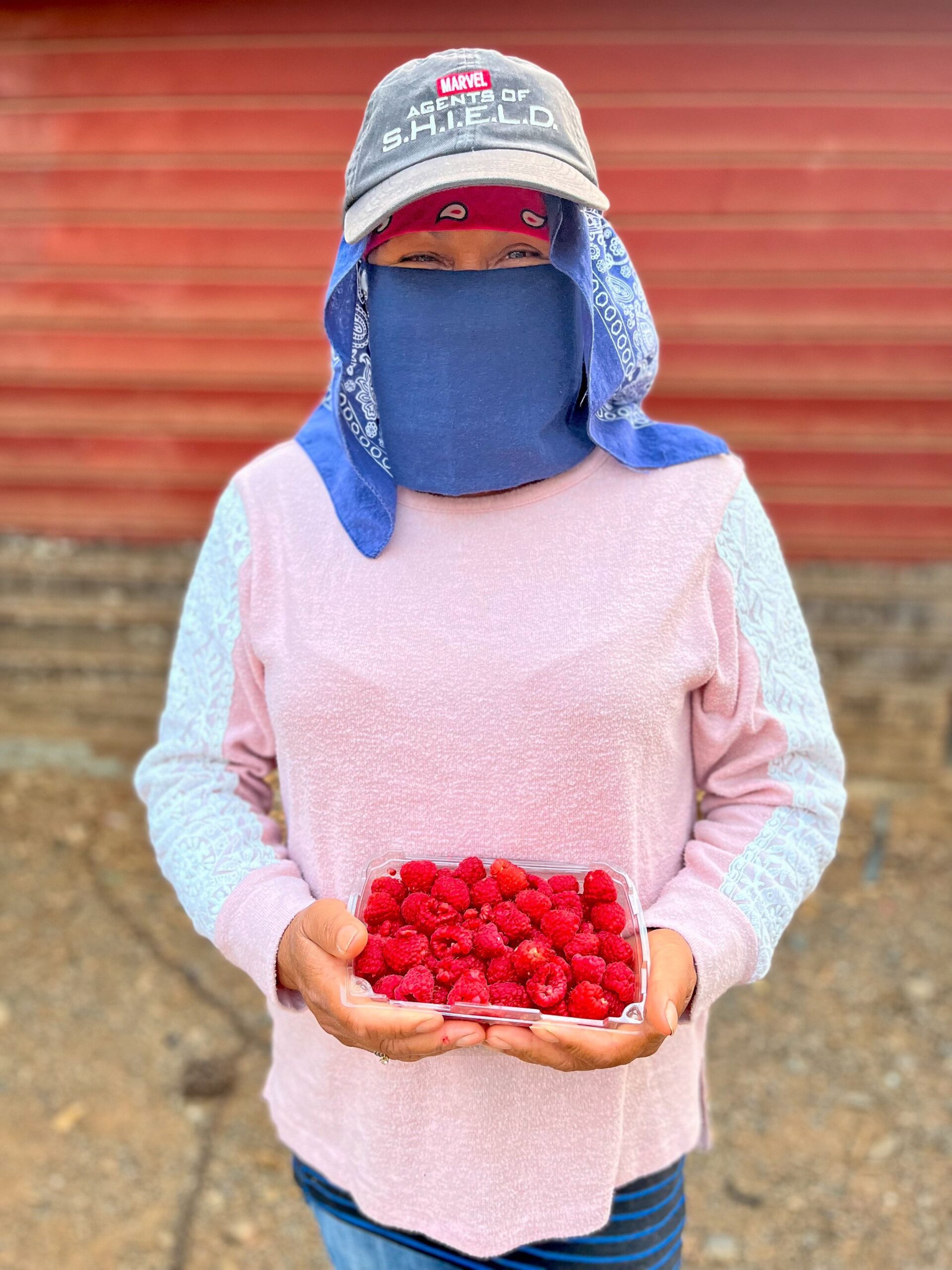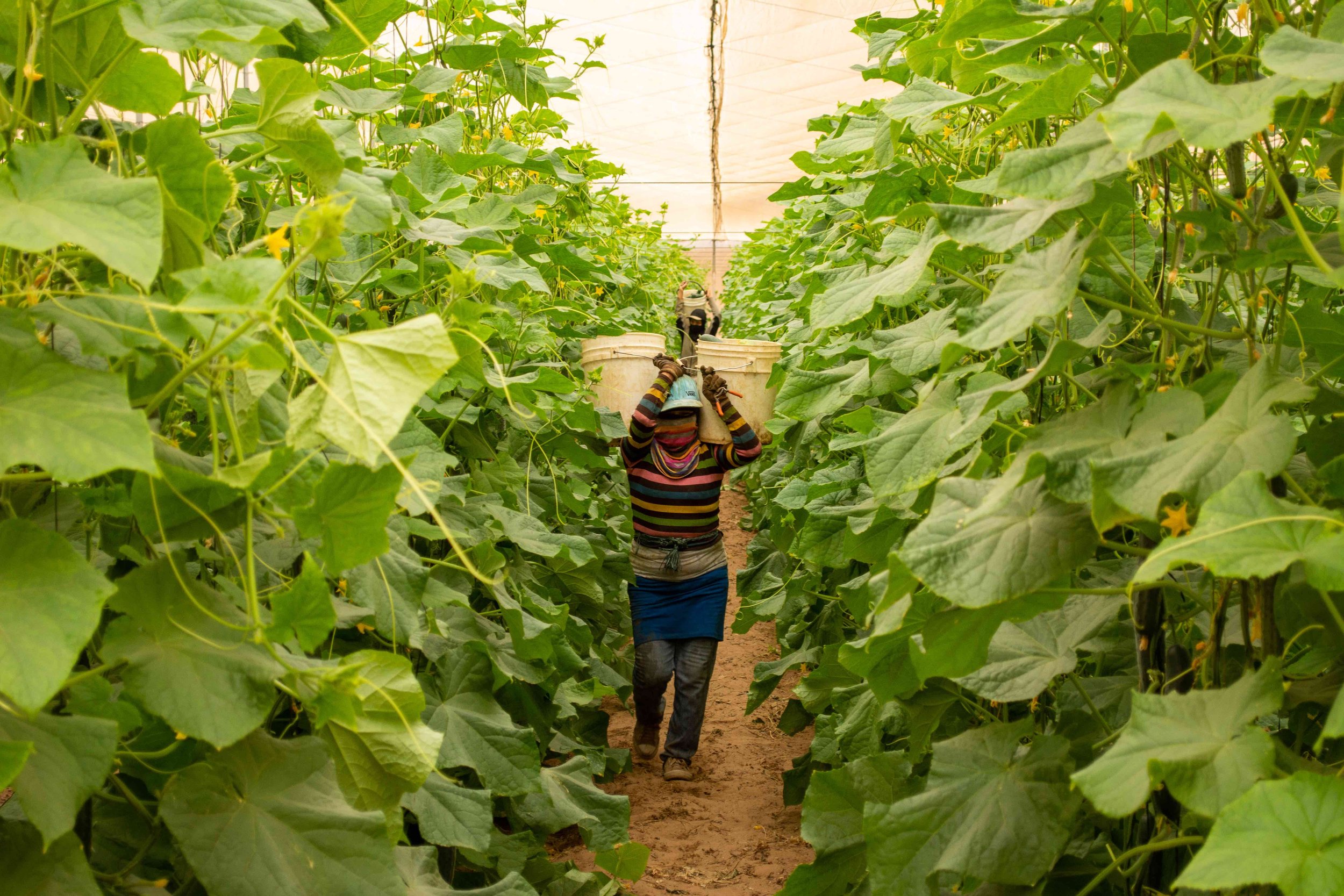Fair Trade Labels? Certified Exploitation
“It’s not fair!” is one of the first things US kids learn to say. If a sister gets a bigger piece of cake, or if a friend gets to go to bed later, they pipe up. Fairness is a bedrock principle — it’s essential for living together in peace.
Some of us remember when we first heard about “fair trade” in the 1990s. What’s not to like about something fair? When the label was introduced, we were willing to pay a little more to get not just better tasting coffee than Folger’s — someone said it tastes like sludge — but to support small farmers in Mexico and other countries of the global south. Small farmers were losing their farms due to mega-companies like Folgers appropriating their lands and their markets.
In the beginning fair trade was indeed about saving small farmers and they were included as decision-makers on the early Fairtrade company board. But greed crept in, and the capitalist dynamic of expanding to create greater profits at the expense of workers soon subverted the original intent in the burgeoning ethical labeling space. Now, labels proclaiming “ethical” are the height of hypocrisy. How unethical can you be, calling unethical practices ethical?!
Not every fair trade label is a lie, but as you’re staring at bags of coffee or berries on the grocery shelf, who has time to research them all to find out which are true, and which are false?
Consumers beware. There’s probably the sludge of unfairness in your “fair trade” coffee.

Dr. James Daria is Assistant Professor of Anthropology and Co-Director of the Food Studies Program at Spelman College. He’s been involved in immigrant rights activism, farm labor organizing, and popular education in the US, Mexico, and Guatemala. He interviewed over 200 workers from over a dozen small, medium, and large-scale farms in San Quintín (city in Baja California, Mexico) to learn about their conditions.
Anna Canning has over fifteen years of experience working in supply chains and in movements for food justice and human rights. She has written in-depth analyses of ethical certifications for the fair trade watchdog Fair World Project and works for the Worker-driven Social Responsibility Network. With James Daria, she co-authored a report on Certified Exploitation about the failure of “fair” and “equitable” labeling to protect farmworkers.
When we buy fresh berries, tomatoes, and cucumbers at a US supermarket, what’s the likelihood that these came from Mexico?
James Daria: The US imports 60% of its fruit and 40% of its vegetables. Of those, 46% of fruits and nuts and 64% of vegetables are from Mexico. Mexico is the third largest producer of berries in the world, and 90% of those are destined for the US market. Many of those berries are grown in the San Quintín valley in Baja California, MX, close to the US border.
Mexico and the US have a completely integrated berry industry, mostly controlled by US transnational companies. Both the US and Mexico exploit the farmworkers, but they don’t pay the same. California raised its minimum wage to $15.00 an hour while Mexican farmworkers might earn that in one day. You can see why farmworkers in Mexico migrate up to US fields to work — and why agribusiness loves to grow berries in Mexico.
In San Quintín, the biggest producers are Driscoll and Andrew & Williamson Fresh Produce. You can see their berries in US stores under the Driscoll’s, Good Farms and Limited-Edition brands.

Did the farmworkers in San Quintín formerly have their own farms?
JD: Yes. Most farmworkers are from Oaxaca, Veracruz, and Chiapas in southern Mexico. They’re mostly Indigenous campesinos, small farmers, and peasant producers who were forced to leave their homes after free trade policies like NAFTA undermined Mexico’s rural economies. Now they work in these northern agri export zones dominated by foreign agribusiness — ironically, the same model that drove them out of their homes.
The farmworkers work year-round, but their contracts are seasonal or temporary, so they get cheated out of many of their benefits: pensions, social security, and/or health care, depending on the employer. Even worse, violations of labor law are rampant, including wage theft. Employers often force workers to do overtime without proper overtime pay. They endure long hours in extreme heat, and they’re commonly subjected to verbal, physical and sexual abuse.
In an extreme case, at Rancho Agrícola Santa Mónica, workers were bused to the fields far from isolated labor camps. Over 100 male workers had just two bathrooms, and “there are a f***king lot of bedbugs,” a disgusted worker said. A tall fence and security guards enclose the camp, making the camp more a prison than a place to live. The company often withheld the workers’ identity documents and pay — the definition of forced labor.
Some of the berries carry “fair trade” labels. Am I correct to assume that fair trade berries are grown by small farmers in the global South?
Anna Canning: Not exactly! The idea for fair trade labeling did originate with small scale coffee farmers in Oaxaca. They were looking to expand their market to consumers who wanted to support an alternative to the conventional, colonial coffee trade. Fairtrade was founded in 1992, and, initially, it focused on small-scale farmers.
But in 2011, Fair Trade USA (FTUSA, a different company from Fairtrade) expanded its definition of fair trade to include big plantations with wage laborers to increase their market share. Now they support a totally different economic model, which claims to protect workers’ rights instead of sustaining small farmers.
What do the labels mean?
AC: In San Quintín both Fair Trade USA (FTUSA) and the Equitable Food Initiative (EFI) certify fruits and vegetables. But the terrible conditions James just described are largely also true for workers who grow and pick the produce labelled “Fair Trade” or “Ethically Grown.” Where’s the fairness or the ethics?! We call this “fairwashing,” a label that papers over abuse.
A multi-stakeholder process sets the standards for what’s fair. Growers, distributors like Driscoll, and retailers like Costco all sit at the table. FTUSA has no labor representative. At EFI, US-based farm labor unions are on their board — but no Mexican worker or organization.
You will hear that certifications fill the legal gaps in worker protection. But that’s not what we see happening here! No one is enforcing Mexican labor laws or the certification standards.
But fair trade products are more expensive than unlabeled products. Where does the extra money we pay go?
AC: The produce carrying the “fair” label comes from the same fields in the same giant farms as the produce not certified. Workers earn a bit of extra money per pound for picking certified produce because of the higher quality standards for certified berries. But they also must take more time, care, and skill to select which berries qualify for the clamshell boxes labeled “fair.” Any extra pay doesn’t make up for the extra time and labor it takes to fill that box.
What has been the response of workers?
JD: In San Quintín in 2015, tens of thousands of farmworkers went on strike for three months, blocking the main highway taking produce to the US. They did win some demands, but conditions quickly reverted to “normal.” Later that year, SINDJA (Sindicato Independiente Nacional Democrática de Jornaleros Agrícolas) was formed. A groundbreaking “Boycott Driscoll” campaign stretched across borders, from San Quintín to Washington state. Farmworkers in Washington state won a historic contract on a farm selling to Driscoll’s — but SINDJA remains without a contract.
It was after that strike that Driscoll sought a partnership with FTUSA to repair its public image and prevent future disruptions to its operation.
San Quintín workers have found it difficult to unionize for several reasons: not knowing their labor rights, temporary contracts, and the iron fist of company unions like the CTM. When I asked a worker about the CTM union, he laughed and replied, “That union! Crap! It’s not worth crap.”
Consumers are misled to believe that the “fair” or “ethical” label guarantees that workers are fairly treated. In another article I published, I documented how a union election at Rancho Nuevo was thoroughly rigged so the company union won. Rancho Nuevo is both EFI and Fair Trade USA certified — these brands are certifying farms that violate the right to freedom of association and collective bargaining.
What needs to be done?
D: So far, recent labor reforms in Mexico haven’t reached farmworkers. Company unions undermined the recent legitimation process in which every contract had to be approved by the workers: instead their stranglehold over farmworkers got legitimized. Further, certifications don’t protect the workers either.
The USMCA’s Rapid Response Mechanism helped workers in the auto sector, among others, win independent unions: but the USMCA’s labor provisions don’t prioritize the agricultural sector.
Our best hope is for US organized labor to work in solidarity with Mexican farmworkers. Only a cross-border strategy can win lasting reforms.

